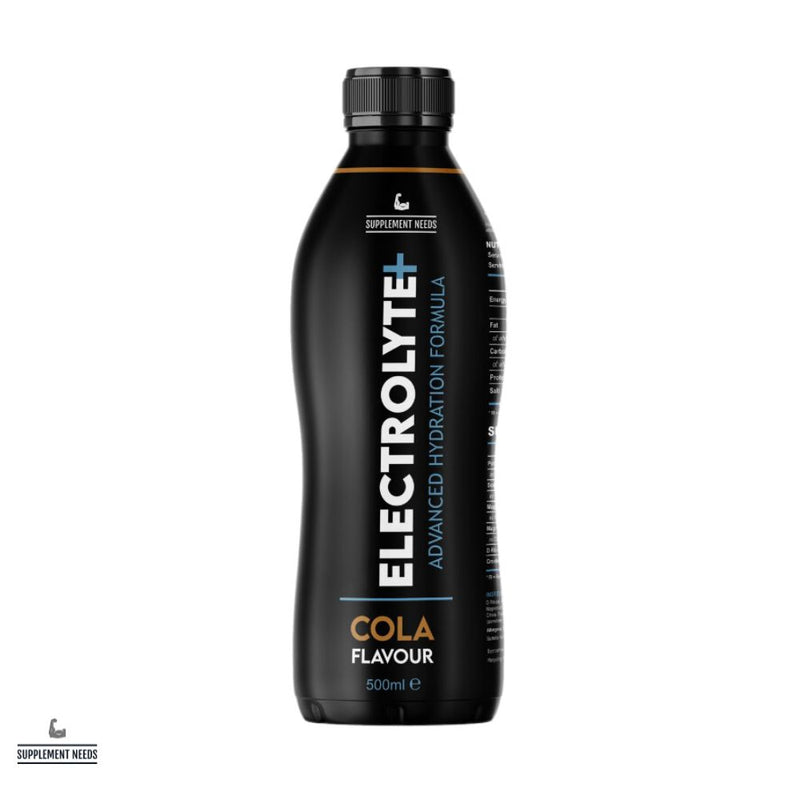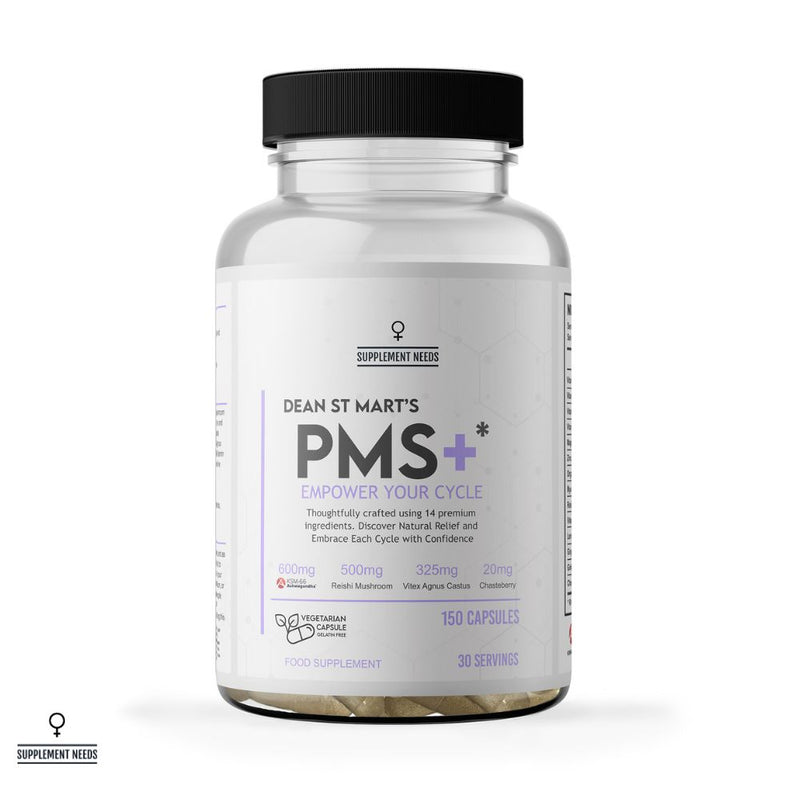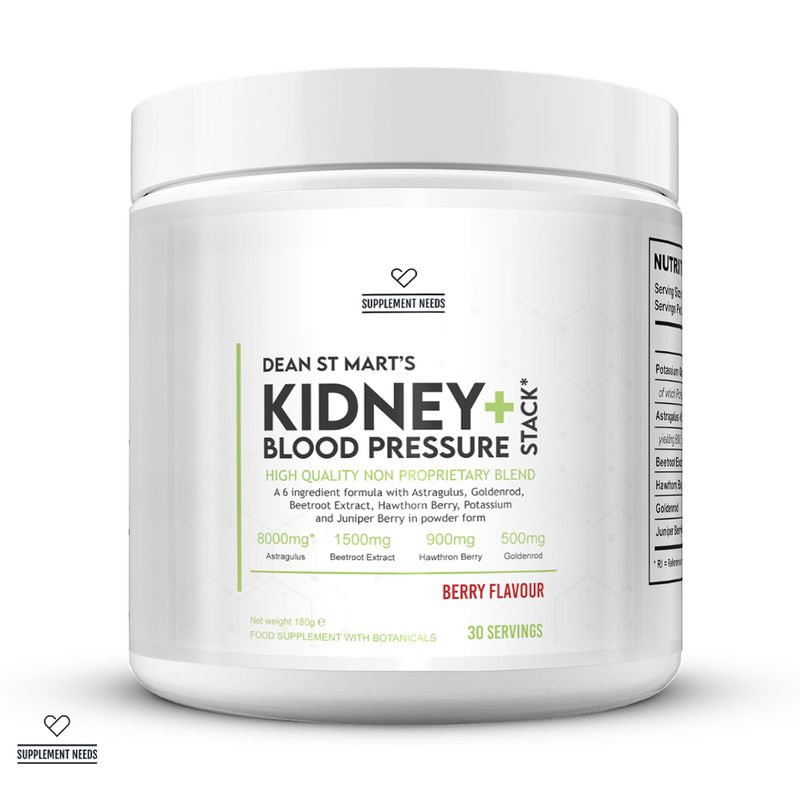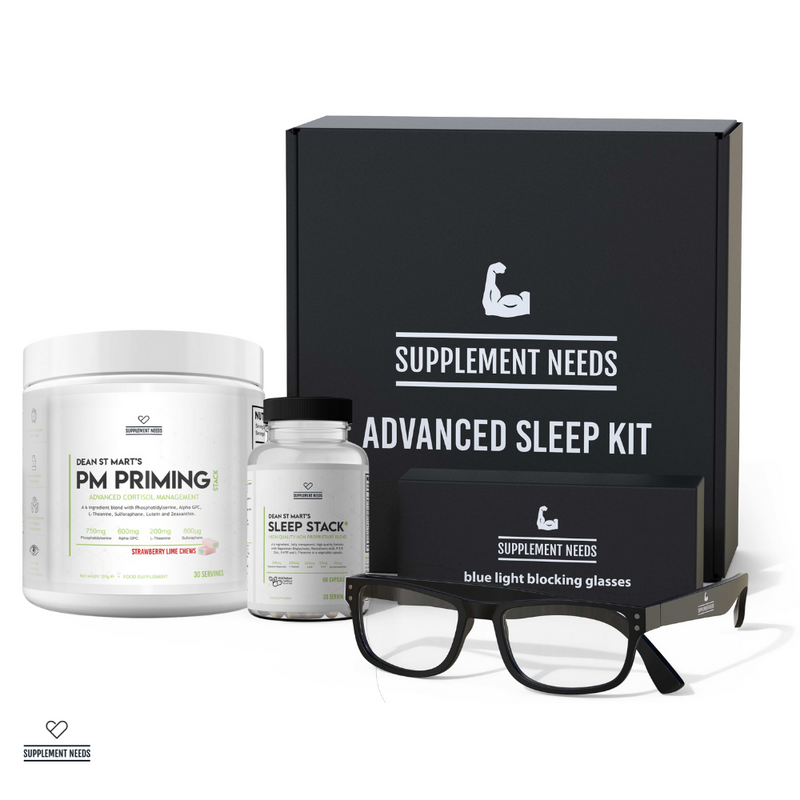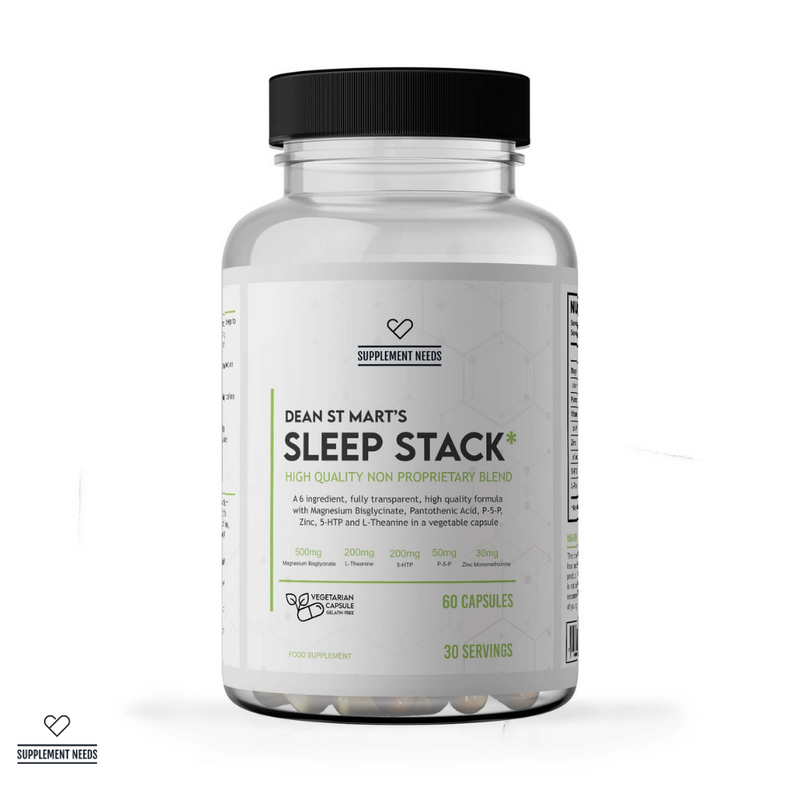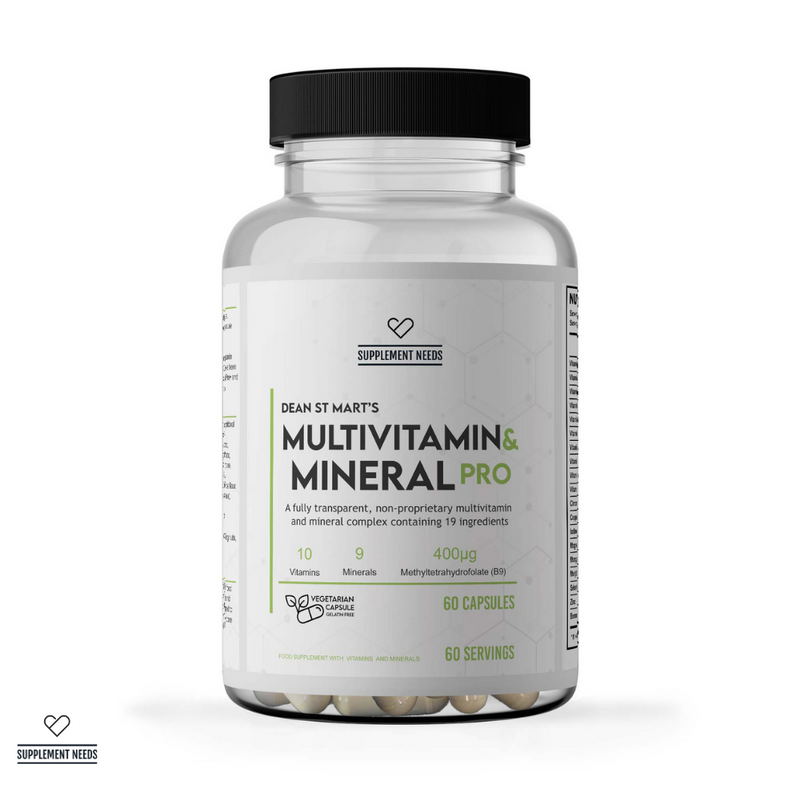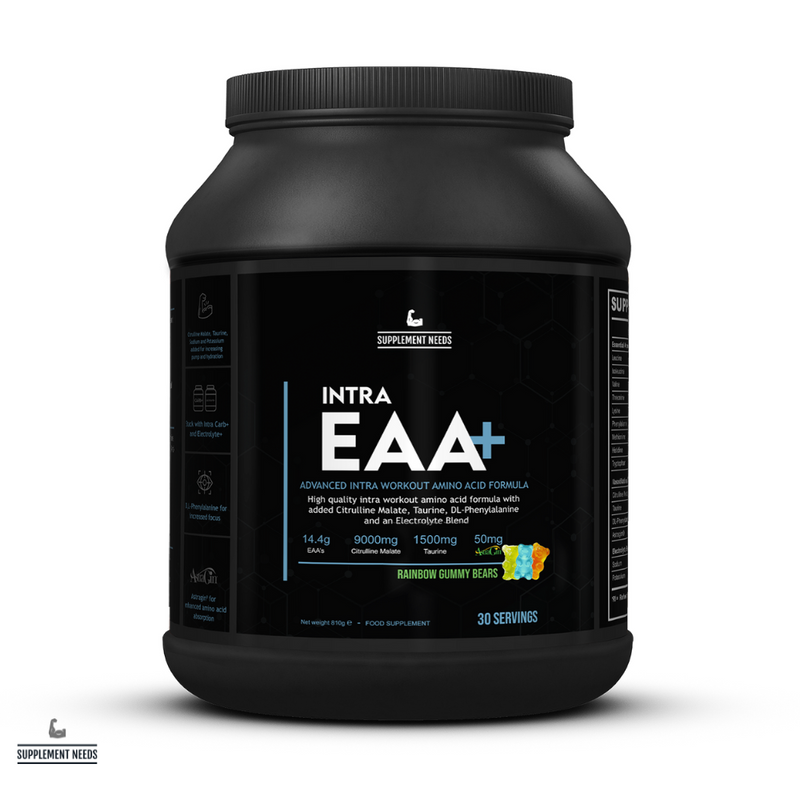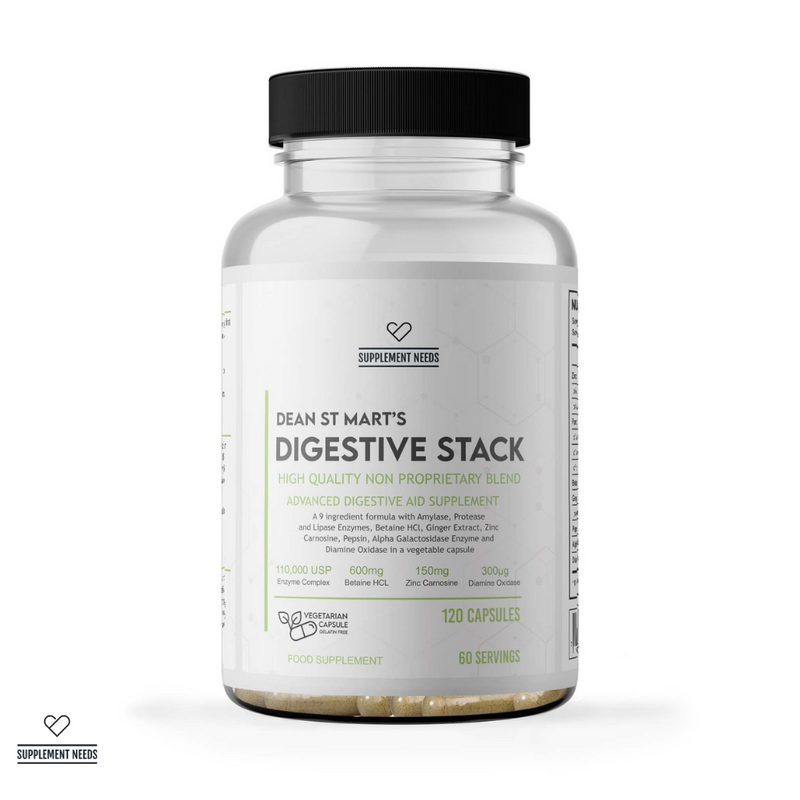As you walk downstairs, you convince yourself that everything will be alright. Your eyes are lazy and your head feels heavy…..and no you’re not hungover…..you’ve just had about 4 hours of broken sleep from the previous night’s feeding and teething battle you’ve had to endure.
Meanwhile, the bundle of sunshine in your arms is rearing to go and its only 5.30 a.m.
As a parent, I’m well familiar at this point towards the sleep debt that is endured during the first 2 years of your baby’s life. Feeding habits, teething, mild sickness; all on top of a new routine in which previously it was just you and your partner, and the only struggle was who had the most bedsheet. It can be difficult adjusting your sleep routine to now match that of an infant who has no care about your circadian rhythm or that important meeting with your boss the next morning.
Now what I can offer from personal experience, is some advice on how you might optimise your sleep and sleeping pattern so that both your physical and mental health don’t suffer as you navigate these first couple of years.
Routine is key
As with anything in life, a stable routine is going to be your best strategy – both for optimising your baby’s sleep behaviour, and taking care of your own sleep hygiene.
Whilst it may be hard to accept, evening entertainment may need to take a backseat in order to capitalise on your sleep time. Getting your baby into a stable sleeping routine beyond 12-16 weeks of age will ensure you can at least attempt to figure out some form of sleeping time arrangement and get some basic sleep hygiene rules in place. You really can’t afford to stay up beyond a reasonable bedtime if your sleep is going to be broken and interrupted so its critical that once baby has gone to sleep, that you begin focusing on your own sleep hygiene and wind down – this means phone away and no engagement with work, and focusing on time with your partner who may be needing some emotional support; and definitely no binging of series on Netflix. Early bed time is key.
If you’re the father to a breastfed baby, you may have the luxury of no night time feeds (just yet) so taking every consideration to get to bed early, so that you can wake up refreshed in the morning and take over to allow Mum to get some rest is important.
Evening wind down
Formulating a proper wind down routine will be essential to getting Baby to associate evening with sleep time. Babies operate off habits (you’ll soon understand this if you keep reinforcing a child’s behaviour). Just like adult’s, a wind down routine will create an environment of relaxation and comfort. This could be bath time following by feeding and story time/cuddles; or really anything which helps to develop a secure sleeping environment and association towards sleep time.
With an older child, you will definitely be playing the habit-loop to your strength to get them to learn how to fall asleep and stay asleep by themselves.
Dark, cool environment
Just like adults, it goes without saying that a baby or child’s sleeping environment should be the same – dark, cool ambient temperature (18-19 degrees). Its critically important that if Baby is sharing the room, a compromise is made often to allow one parent to sleep in another room of quiet environment so that at least they are able to wake refreshed the next morning to allow the other some resting time.
The Habit Loop
Sleep onset-association is the habit that we associate falling asleep with. For most adults, its our pillow and a dark room with our sleeping position – could you fall asleep tonight without a pillow?
For a child, this could be falling asleep with you present in the room or in your arms. Trust me when I say you want your baby’s sleep onset association to be them in their cot alone and to fall asleep contently by themselves. This will be particularly important for breast-fed children who naturally will fall asleep whilst nursing; but this will wreak havoc on your sleep as you’ll find your baby waking up every 2 hours screaming as they realise they’re not in your arms to fall back asleep again. What most parents will do is lift their baby and nurse them back asleep again, go back to their bed, and get suddenly woken up 2 hours later again as the habit loop repeats. I would highly recommend reading “Its never too late to sleep train” by Dr Craig Canapari (https://www.amazon.co.uk/Its-Never-Late-Sleep-Train/dp/1635652723) if you want some more help.
Use supplements to optimise sleep quality
Rather than focus on sleep time (time in bed), turn your attention to improving sleep efficiency and sleep quality. If you’re inevitably only going to get 4-5 hours of overall broken sleep, you may as well ensure that this is 4-5 hrs of “quality” sleep where you’re obtaining an adequate amount of deep sleep. Sleep hygiene sets you up for sleep success – sleep supplementation ensures it.
Something as simple as Magnesium Biglycinate or Glycinate (in capsule or tablet) can be useful to calming the brain down and helping to clear stimulating Dopamine; whilst 5-HTP (the precursor to Serotonin) and Pyridoxine-5-Phosphate (p5p, p-5-p, vitamin b6) can help to create a calmer brain environment to relax further for sleep. You’ll find the market saturated with supplements for sleep and vitamins to improve sleep, but many are underdosed or not in the correct form.
Avoiding using a B complex or B12 supplement close to bedtime can also have a positive effect on creating a calmer brain environment – something often overlooked when we consider how supplements should be timed.
Considering an effective sleep support supplement should focus on calming the brain down, and then supporting the biochemistry of melatonin production to keep you asleep; as a parent, you also can’t afford to use anything that induces drowsiness; which is exactly what the Supplement Needs Sleep Stack doesn’t do.
Using Supplment Needs Sleep Stack to ensure your time asleep is as efficient as possible, combined with Dr Dean St Mart PhD Supplement Needs PM Priming Stack to help clear that late caffeine you ingested to power through your afternoon (which is probably dehydration but I’ll save that for another post) and optimise your deep sleep; will make those early morning risings a little easier knowing you have had good sleep quality, even if its 5.30 a.m.
Dr Dean St. Mart PhD; Product Manager and Formulator for Supplement Needs
